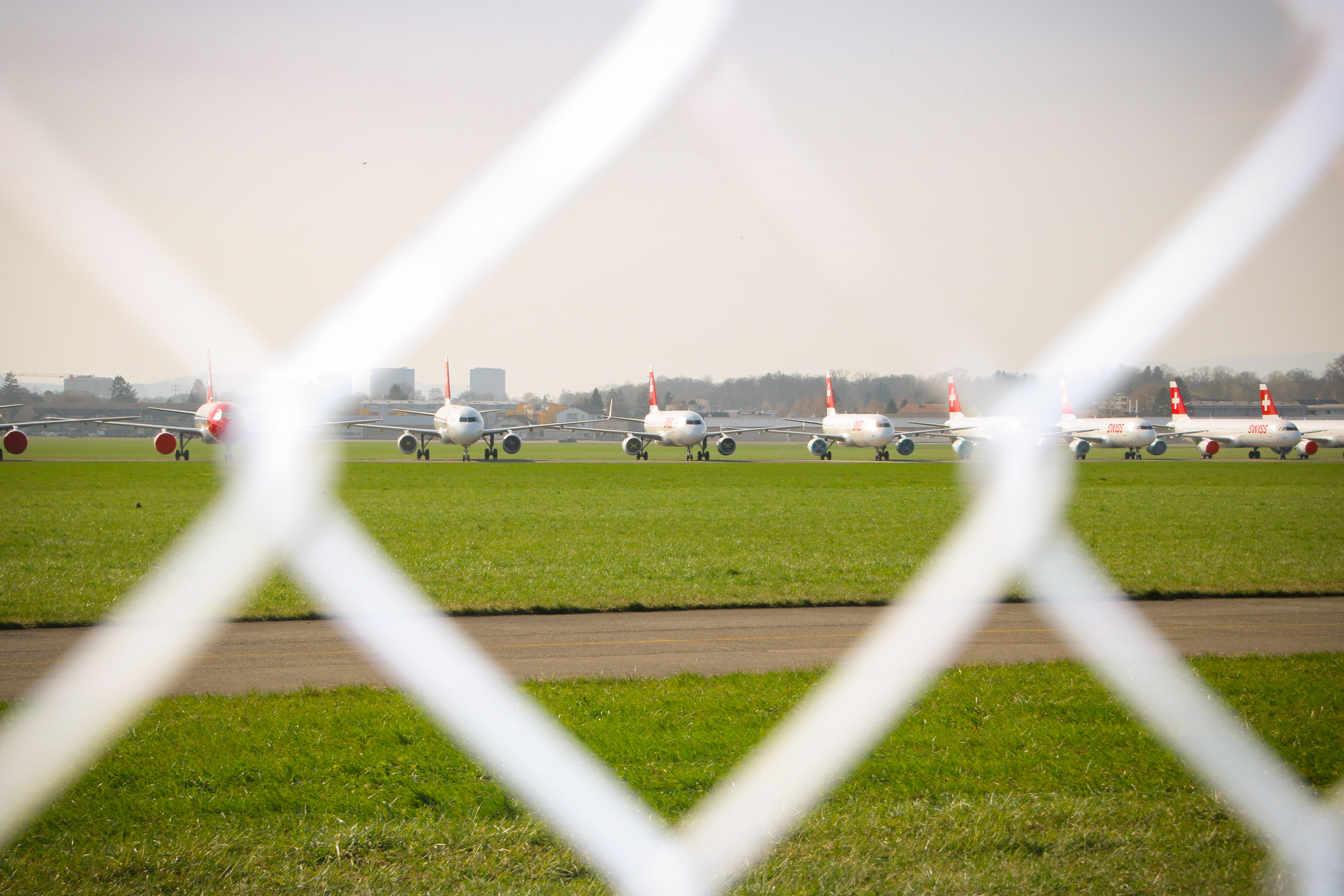Media release
From: Springer Nature‘Negligible’ long-term impacts on climate from COVID-19 restrictions
The decline in greenhouse-gas emissions and air pollutants, as a result of policies to prevent the spread of COVID-19, will have a negligible impact on long-term warming and may lead to cooling of just 0.005–0.01 °C by 2030, suggests a paper in Nature Climate Change. However, the findings also suggest that if a ‘green recovery’ is pursued, warming could possibly be kept within the 1.5 °C limit above pre-industrial levels by 2050.
The enforcement of policies to limit the spread of COVID-19 has had a significant impact on travel and work. This lack of mobility has led to substantial declines in greenhouse-gas emissions and air pollutants. Previous research has examined the immediate impacts of COVID-19 policies on emissions; however, the long-term impacts of these policies are not well understood.
Piers Forster and colleagues analysed mobility data from 123 countries to estimate emission changes due to the COVID-19 restrictions from February to June 2020. Their analysis suggests that the reductions in emissions are likely to have peaked in April 2020. The authors suggest that nitrogen oxides (NOx) declined by 30% in April, which contributed to short-term cooling. However, this was offset by a 20% decline in sulfur dioxide (SO2), which weakened the aerosol cooling affect and contributed to short-term warming. They use these estimates to project future changes and compare them to a baseline scenario of current national policies. They found that these short-term effects end by 2025, leaving a longer term slight cooling of 0.01 °C from reduced atmospheric concentrations of carbon dioxide compared to concentrations under baseline policies.
To assess the longer-term impacts, the authors modelled four recovery scenarios, including a fossil fuel-based recovery and green stimulus packages. They suggest that the different scenarios have a minimal impact on the 2020–2030 climate response, but that differences emerge after 2030. They find that the two-year ‘blip pathway’, where the economic recovery maintains current investment levels, and a recovery with fossil fuel stimulus are likely to result in warming of over 1.5 °C by 2050. Conversely, choosing a strong green recovery that includes low-carbon energy supply as well as energy efficiency and does not support bailouts for fossil firms could limit warming by 0.3 °C and keep warming within 1.5 °C above pre-industrial levels.
The authors highlight that economic recovery choices will affect the warming trajectory by the mid-century and argue that a green recovery is important for ensuring the goals of the Paris Agreement are met.


